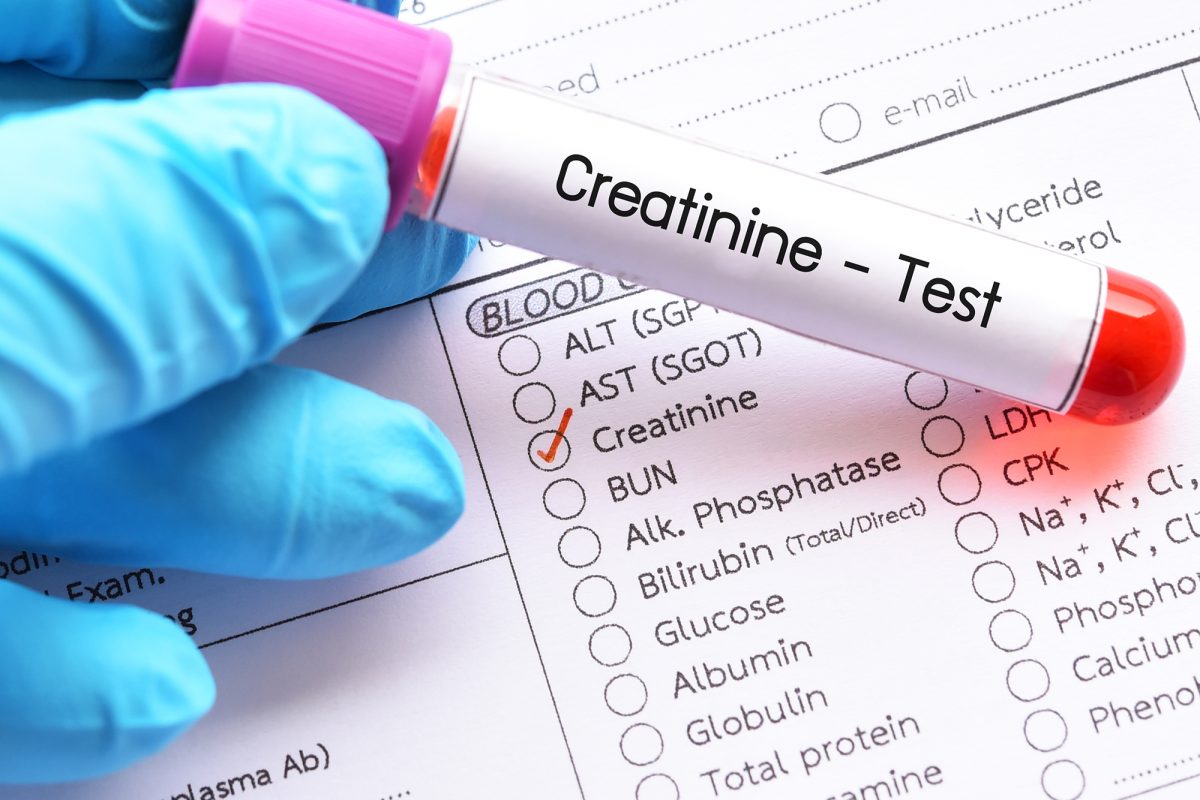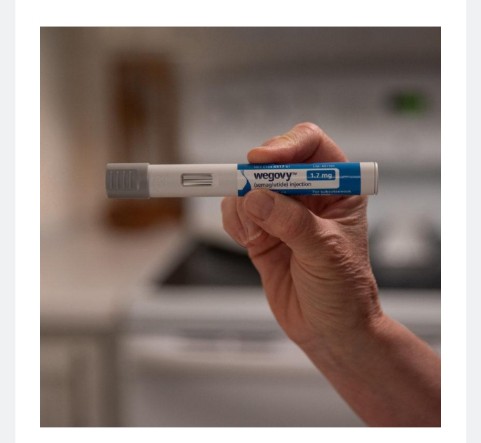Introduction
Creatinine is a vital compound that plays a crucial role in the human body’s functioning. It serves as an indicator of kidney health and is often used as a diagnostic tool to assess renal function. In this article, we will delve into what creatinine is, how it is produced, its normal levels in the body, and why monitoring creatinine levels is essential for maintaining overall health.
What is Creatinine?
Creatinine, is a waste product formed during the natural breakdown of muscle tissue. It is generated through the metabolism of creatine, found in muscle cells that provide energy for muscle contractions. As the body continuously breaks down and rebuilds muscle tissue, creatinine is produced and released into the bloodstream. From there, it is filtered out of the blood by the kidneys and excreted in urine. It is crucial to reduce creatinine levels in the body for the healthy functioning of the kidneys.
The Importance of Creatinine Levels
Creatinine levels serve as a critical marker of kidney function. Healthy kidneys efficiently filter creatinine from the blood and maintain stable blood creatinine levels. Any deviation from the normal range can indicate potential issues with kidney function. Monitoring creatinine levels is essential for various reasons:
Kidney Function Assessment:
Creatinine levels are a key component of calculating the glomerular filtration rate (GFR), which measures how effectively the kidneys are filtering waste products from the blood. A high creatinine level in the blood may suggest decreased kidney function.
Early Detection of Kidney Problems
Elevated creatinine levels can be an early indicator of kidney disease or dysfunction. Regular monitoring allows healthcare professionals to detect and address kidney issues before they become severe.
Medication Dosage
Creatinine levels can influence the dosages of certain medications, particularly those cleared from the body through the kidneys. Accurate creatinine measurements help doctors prescribe the correct drug doses to avoid toxicity or ineffectiveness.
Normal Creatinine Levels
The normal range of creatinine levels in the body can differ slightly depending on factors such as age, gender, and muscle mass. In general, normal creatinine levels are:
l For adult males: 0.6 to 1.2 milligrams per deciliter (mg/dL).
l For adult females: 0.5 to 1.1 mg/dL.
It’s important to note that creatinine levels can fluctuate throughout the day, and minor variations may not necessarily indicate a problem. However, consistently high or low levels should be evaluated by a healthcare professional.
Factors Affecting Creatinine Levels
Several factors can influence creatinine levels in the body:
Muscle Mass: Individuals with more muscle mass tend to have higher creatinine levels because creatinine is produced as a byproduct of muscle metabolism. Athletes and bodybuilders may have slightly elevated creatinine levels compared to sedentary individuals.
Diet: Consuming large amounts of protein can temporarily raise creatinine levels, as it increases the breakdown of muscle tissue. However, this is usually not a cause for concern.
Age: Creatinine clearance tends to decrease with age, which can result in slightly higher creatinine levels in older adults.
Medications: Certain medications, like nonsteroidal anti-inflammatory drugs (NSAIDs) and certain antibiotics, can affect creatinine levels.
Nine Key Things to Know For Maintaining Creatinine Levels in the Body
Maintaining healthy creatinine levels is crucial for overall kidney function and general well-being. Elevated creatinine levels can be indicative of kidney dysfunction or other health issues. Here are nine ways to reduce and maintain healthy creatinine levels in the body:
- Stay Hydrated
Proper hydration is essential for kidney health. Drinking an adequate amount of water helps dilute the concentration of creatinine in the blood and supports the kidneys in efficiently excreting waste products. Intake at least eight glasses (64 ounces) of water every day, but individual requirements may vary.
- Monitor Protein Intake
High-protein diets can increase creatinine levels because creatinine is a byproduct of muscle metabolism. If you have elevated creatinine levels, consider reducing your protein intake, especially if you regularly consume large amounts of animal protein.
- Balanced Diet
Maintain a balanced diet that includes fruits, vegetables, whole grains, and lean proteins. This ensures you get essential nutrients while minimizing excessive intake of creatinine-producing compounds.
- Limit Sodium Intake
Excessive sodium (salt) intake can raise blood pressure and strain the kidneys. Reducing sodium intake helps maintain healthy kidney function and lowers the risk of kidney damage.
- Manage Blood Pressure
High blood pressure is commonly caused by kidney damage. Regularly monitor the blood pressure and take steps to keep it within a healthy range.
- Exercise Regularly
Regular exercise or physical activity can help maintain muscle mass and support overall health. Engage in a balanced exercise routine, including both aerobic and strength-training exercises, to keep your muscles and metabolism healthy.
Avoid Non-steroidal Anti-Inflammatory Drugs (NSAIDs)
NSAIDs, such as ibuprofen and naproxen, may affect kidney function and potentially increase creatinine levels. Limit the use of these medications and consider alternative pain relief options under the guidance of a healthcare provider.
- Manage Chronic Health Conditions
If you have chronic health conditions like diabetes or hypertension, work closely with your healthcare provider to manage and control these conditions effectively. Well-controlled chronic illnesses are less likely to lead to kidney damage.
- Regular Health Check-ups
Schedule health check-ups with your doctor to monitor your kidney function and creatinine levels. Early detection of kidney issues allows for timely intervention and management.
It’s essential to note that the effectiveness of these measures may vary from person to person, and they should be implemented under the guidance of a healthcare professional. Additionally, if you have significantly elevated creatinine levels or suspect kidney problems, it’s crucial to consult with a doctor for a thorough evaluation and personalized treatment plan.
Maintaining healthy creatinine levels involves adopting a holistic approach that includes lifestyle modifications, dietary adjustments, and ongoing healthcare monitoring. These steps can help support healthy kidney function and overall well-being.
Will High Creatinine Levels Lead to Kidney Failure?
High creatinine levels can be a symptom of kidney dysfunction or damage, but they do not directly cause kidney failure. Instead, elevated creatinine levels are typically an indicator that something may be affecting the kidneys’ ability to function properly.
Here’s how it works:
Creatinine Production: Creatinine is a waste product produced when muscles break down creatine phosphate, a compound used for energy during muscle contraction. This waste product is released into the bloodstream.
Kidney Function: The kidneys are responsible for filtering waste products, including creatinine, out of the blood and excreting them in urine. Healthy kidneys efficiently remove creatinine, maintaining stable blood levels within the normal range.
Elevated Creatinine: When creatinine levels in the blood are higher than the normal range, it suggests that the kidneys may not be functioning optimally. This elevation in creatinine can be due to various factors, such as kidney disease, dehydration, certain medications, or other medical conditions.
Kidney Failure: If the underlying cause of elevated creatinine is not addressed, and kidney function continues to deteriorate, it can eventually lead to kidney failure. Kidney failure is a condition in which the kidneys lose their ability to effectively filter waste and regulate essential bodily functions, potentially requiring dialysis or a kidney transplant for treatment.
Conclusion
Creatinine is a vital compound in the human body, and its levels are closely monitored to assess kidney function and overall health. Understanding the normal range of creatinine levels and the factors that can influence them is important for maintaining well-being. Regular check-ups and discussions with healthcare professionals can help ensure that any deviations from the norm are promptly addressed, potentially preventing serious kidney-related issues. By staying informed about creatinine and its role in the body, individuals can take proactive steps to safeguard their renal health.


 Home
Home









